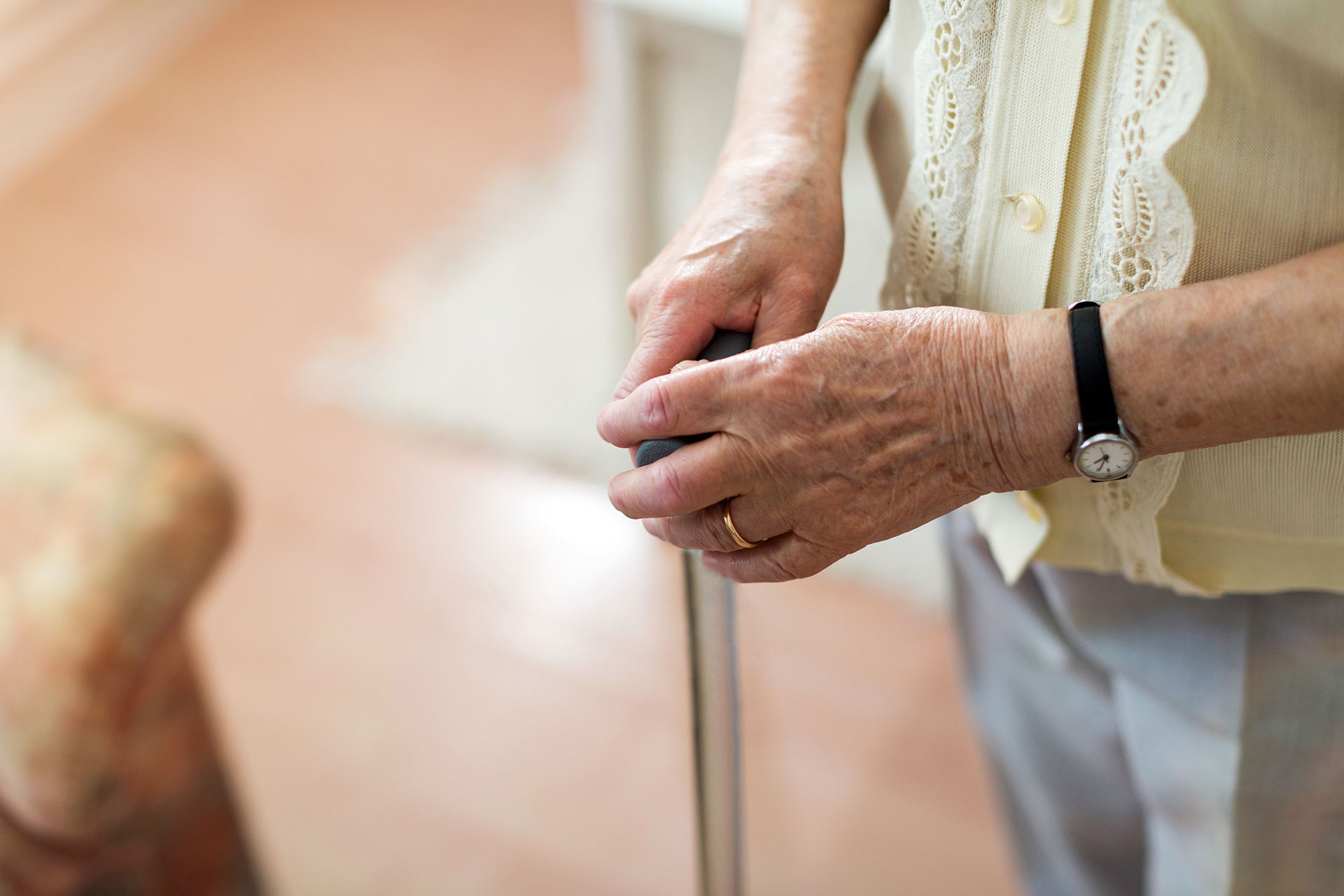Nursing homes have a duty to keep residents safe and healthy. But unfortunately, this industry is plagued with understaffing and underfunding – making everyday tasks difficult for many facilities. This reality creates serious risk factors of malnutrition and dehydration for elderly patients.
The number of Americans living in nursing homes is growing both steadily and substantially. Now that the baby boomer generation is reaching senior citizen status, the influx will continue to grow for the next several years. To put it in perspective, around 10,000 people will turn 65 every day until 2030. Moreover, seven out of 10 people will require long-term care.
Growing numbers of patients will continue to put more strain on nursing home facilities. If you suspect your loved one is facing risks of dehydration or malnutrition, you have options. Let’s talk about some of the biggest risk factors to watch for.
Risk Factors of Malnutrition and Dehydration:
Understaffing
Understaffing in nursing homes has been an ongoing problem for many years.
Some of these issues are due to unavoidable factors – like labor shortages. Other issues may be high turnover, false reports of staffing levels, overtime pay issues, etc. In some cases, the nursing home owner might purposely understaff the facility to maximize profits.
Regardless of the reasons, not having enough registered nurses (RNs), certified nursing assistants (CNAs), and supporting employees mean the level of care decreases. Sufficient staffing is crucial to ensure residents’ basic needs for food and water are met.
Inadequate Training of Nursing Home Staff
Inadequate training is usually a result of understaffing – as new hires are rushed into the job without proper guidance. This, combined with inexperienced employees, creates a higher risk that residents’ basic needs won’t be addressed.
Nursing home staff is mostly comprised of RNs and CNAs. Unlicensed employees are there to provide support for the ongoing care of residents. These workers must be provided with training and resources on the job. When staff-to-patient ratios must be maintained, training is often rushed and daily tasks are missed – increasing the risk factors of malnutrition and dehydration.
Lack of Physical Activity
Inactivity is incredibly detrimental to nursing home residents. Residents may lose their appetites due to a lack of exercise, fresh air, and sensory stimulation. This increases the risk of malnutrition in the elderly and can lead to serious consequences.
While there is no one-size-fits-all exercise routine, it’s recommended that residents exercise two to three times per week for roughly 35-45 minutes per session.
Tube Feedings Improperly Administered
Improper tube feedings for physically disabled residents are another common result of inadequate training. Failing to correctly administer a feeding tube creates malnutrition and dehydration risk factors – which can easily lead to death if there is no intervention.
Failure to Accommodate Dietary Restrictions
Intentional and unintentional failures to accommodate dietary restrictions happen a lot in nursing homes. Special diets may be overwhelming for new/inexperienced staff to manage.
Nursing home facilities need to have reliable processes in place to communicate residents’ needs to the staff and the cooks. If it seems the facility is unorganized or has poor communication, the risk of malnutrition in elderly patients increases substantially.
Absence of Fresh Water in Arm’s Reach
Leaving water and other liquids out of reach during the night is a common result of improper training/protocols. Having easy access to water during the night is crucial for physically limited residents – especially during the warmer months.
Placing water out of arm’s reach creates a big risk factor for dehydration in elderly patients.
Signs and Symptoms of Dehydration and Malnutrition in Nursing Homes
When you visit your loved one, several key signs indicate they are not getting proper care. Some are easy to spot – while others may require an educated eye. Here are some of the big ones to watch for.
Side Effects of Dehydration
- Dryness in the mouth
- Hollow/sunken look in cheeks or eyes
- Exhaustion
- Dizziness
- Confusion
- Lethargy
- Muscle weakness
Side Effects of Malnutrition
- Extreme weight loss
- Fatigue
- Sunken cheeks
- Complaints of feeling cold
- Hair falling out
- Lethargy
- Depression
- Irritability
- Thin, papery skin
Keep in mind, these lists of symptoms are not exhaustive. If you notice anything that seems off and correlates with dehydration or malnutrition, get in touch with the facility to understand what’s going on. There may be risk factors of malnutrition or dehydration the staff is not aware of.
Seeking Justice for Dehydration or Malnutrition in Nursing Homes
If your loved one is suffering from risk factors of malnutrition or dehydration, it’s important to understand the law is on your side. Nursing home negligence and abuse are very common in the United States – and must be dealt with swiftly.
Abuse and neglect take many forms. If a resident’s basic needs for food and water are not being met, you may be eligible for compensation with the help of a nursing home abuse attorney.
The risk factors of malnutrition and dehydration cannot be ignored. If your loved one is affected, you have a right to contact the police to file a report. Try to prepare as many details as possible – this will improve your chances of seeking justice.
The Next Steps
Malnutrition and dehydration are unfortunate realities in many nursing homes. Seeing a loved one suffer due to inadequate care is something no one deserves to experience. At Midwest Injury Lawyers, we take pride in holding nursing homes accountable by handling nursing home abuse and negligence cases. We understand these scenarios are not always black and white – and finding the cold hard facts can be extremely difficult.
Our attorneys are here to answer your questions and help you understand the legal options. If you suspect your loved one is facing risk factors of malnutrition and dehydration, we’re here to help. Give our office a call at 312-786-5881, send an email to info@midwestinjurylawyers.com, or request a consultation online.
